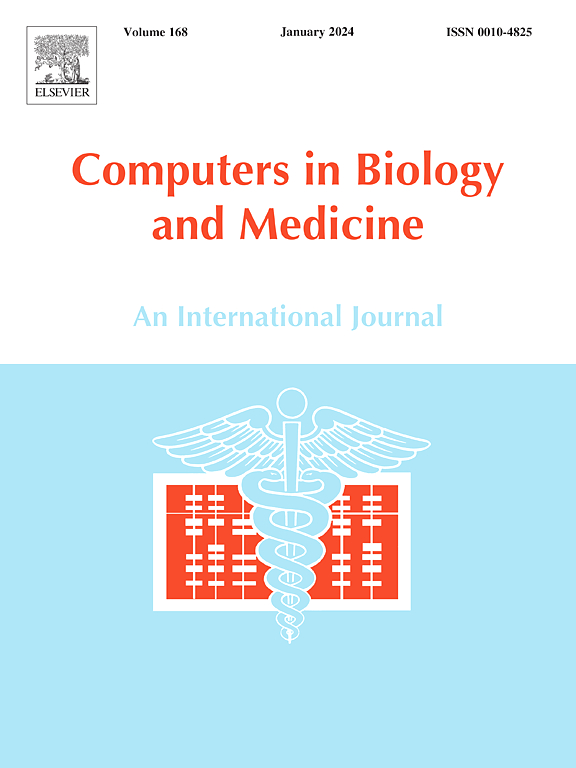Immune profile and routine laboratory indicator-based machine learning for prediction of lung cancer
IF 7
2区 医学
Q1 BIOLOGY
引用次数: 0
Abstract
Introduction
Early diagnosis of lung cancer is still a challenge by using current diagnostic methods.
Objectives
The study aims to explore the utilization of host immune parameters, in combination with conventional laboratory tests, for the early prediction of lung cancer.
Methods
Immune profiles were assessed by flow cytometry in 221 patients, and machine learning algorithms, utilizing either combined or routine indicators alone, were applied to classify lung cancer stages.
Results
The study revealed significant alterations in immune profiles across different stages of lung cancer. Notably, we observed a progressive increase in the percentages of effector memory CD8+ T cells and polymorphonuclear-MDSCs from healthy controls to patients with benign lesion, early-stage cancer, and late-stage cancer. Conversely, the percentages of naive CD8+ T cells, DCs, and NKG2D+ NK cells exhibited a decreasing trend throughout this progression. Accordingly, the gradual differentiation of effector CD8+ T cells and the accumulation of inhibitory polymorphonuclear-MDSCs, along with the progressive impairment of innate and adaptive immunity, were the most prominent immune features observed during lung cancer progression. Through in combination of selected conventional laboratory and immune indicators, we demonstrated the effectiveness of machine learning models, particularly SVC and logistic regression, in predicting the presence of lung cancer and its staging with high accuracy.
Conclusion
We depict the immune landscape in patients with benign disease and different stages of lung cancer. Combination of routine and immune indicators by using machine learning displays a potential in predicting the presence of lung cancer and its staging.
求助全文
约1分钟内获得全文
求助全文
来源期刊

Computers in biology and medicine
工程技术-工程:生物医学
CiteScore
11.70
自引率
10.40%
发文量
1086
审稿时长
74 days
期刊介绍:
Computers in Biology and Medicine is an international forum for sharing groundbreaking advancements in the use of computers in bioscience and medicine. This journal serves as a medium for communicating essential research, instruction, ideas, and information regarding the rapidly evolving field of computer applications in these domains. By encouraging the exchange of knowledge, we aim to facilitate progress and innovation in the utilization of computers in biology and medicine.
 求助内容:
求助内容: 应助结果提醒方式:
应助结果提醒方式:


